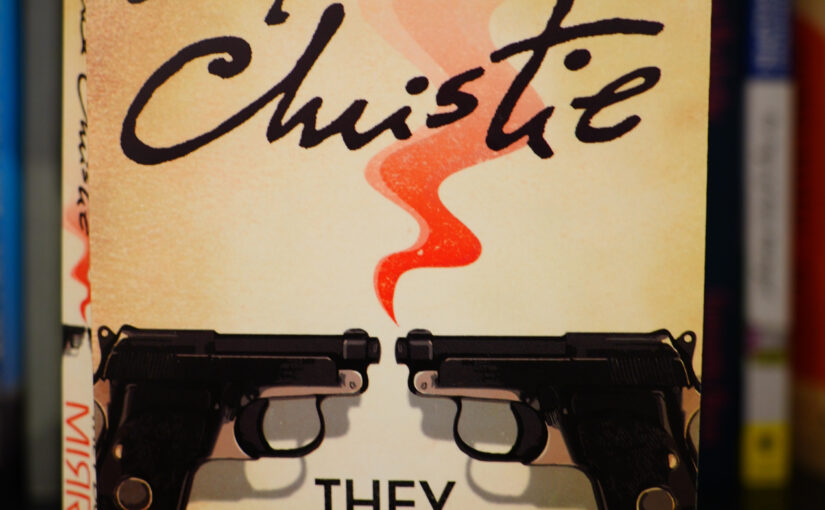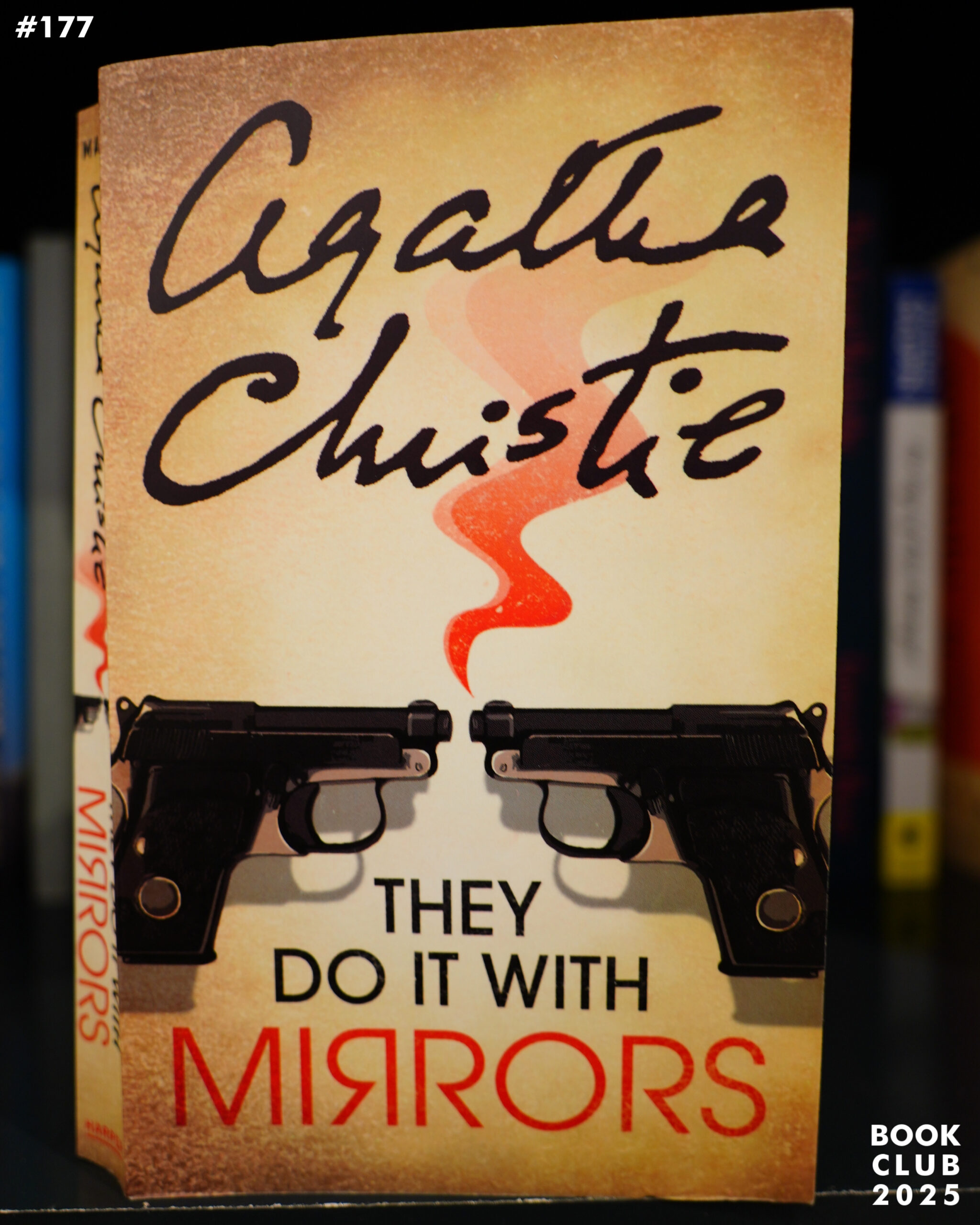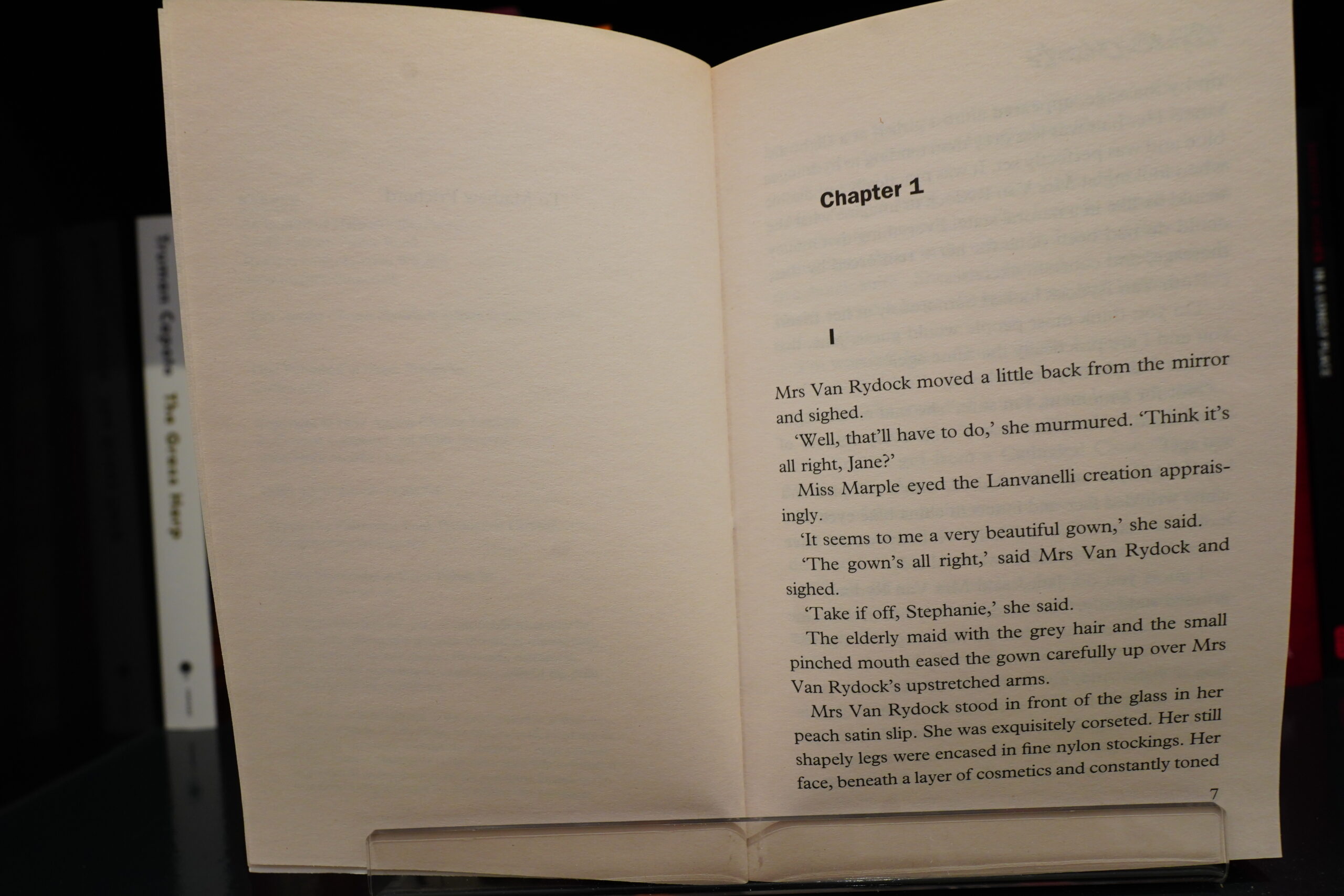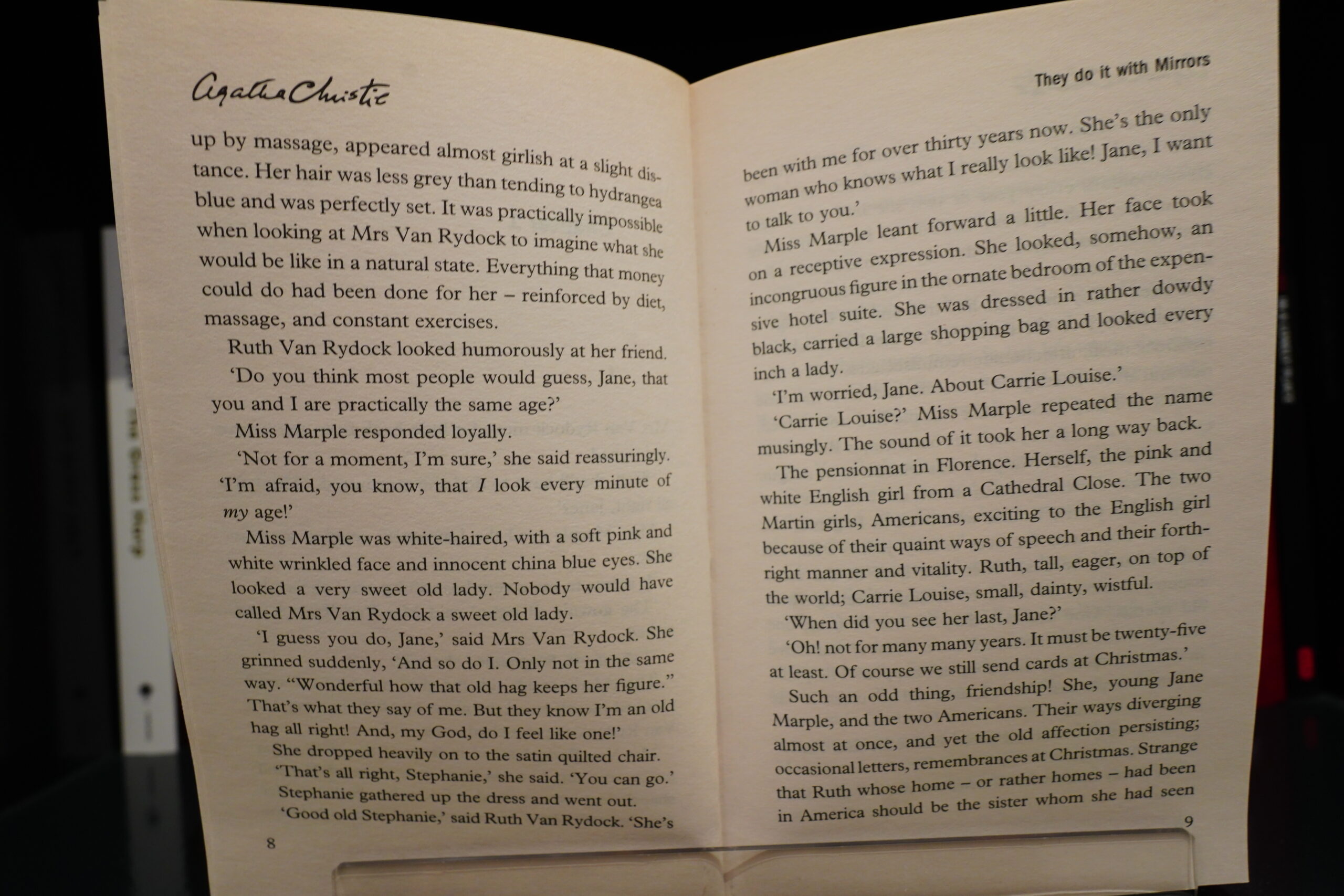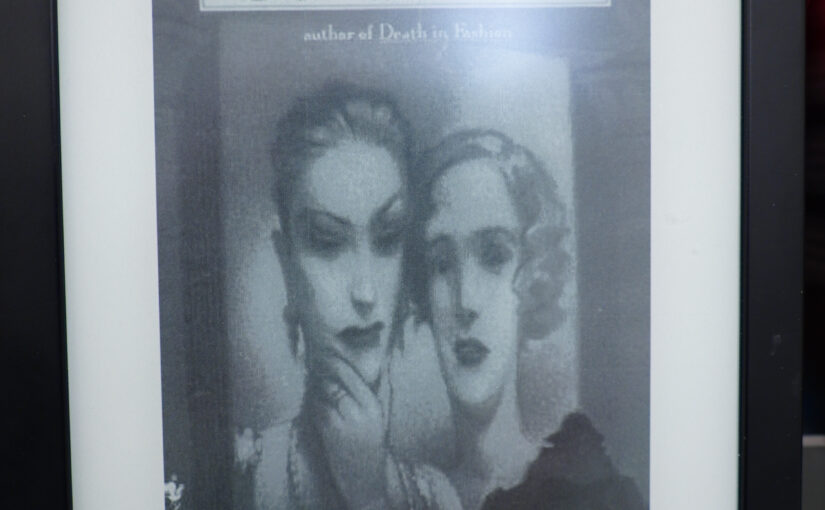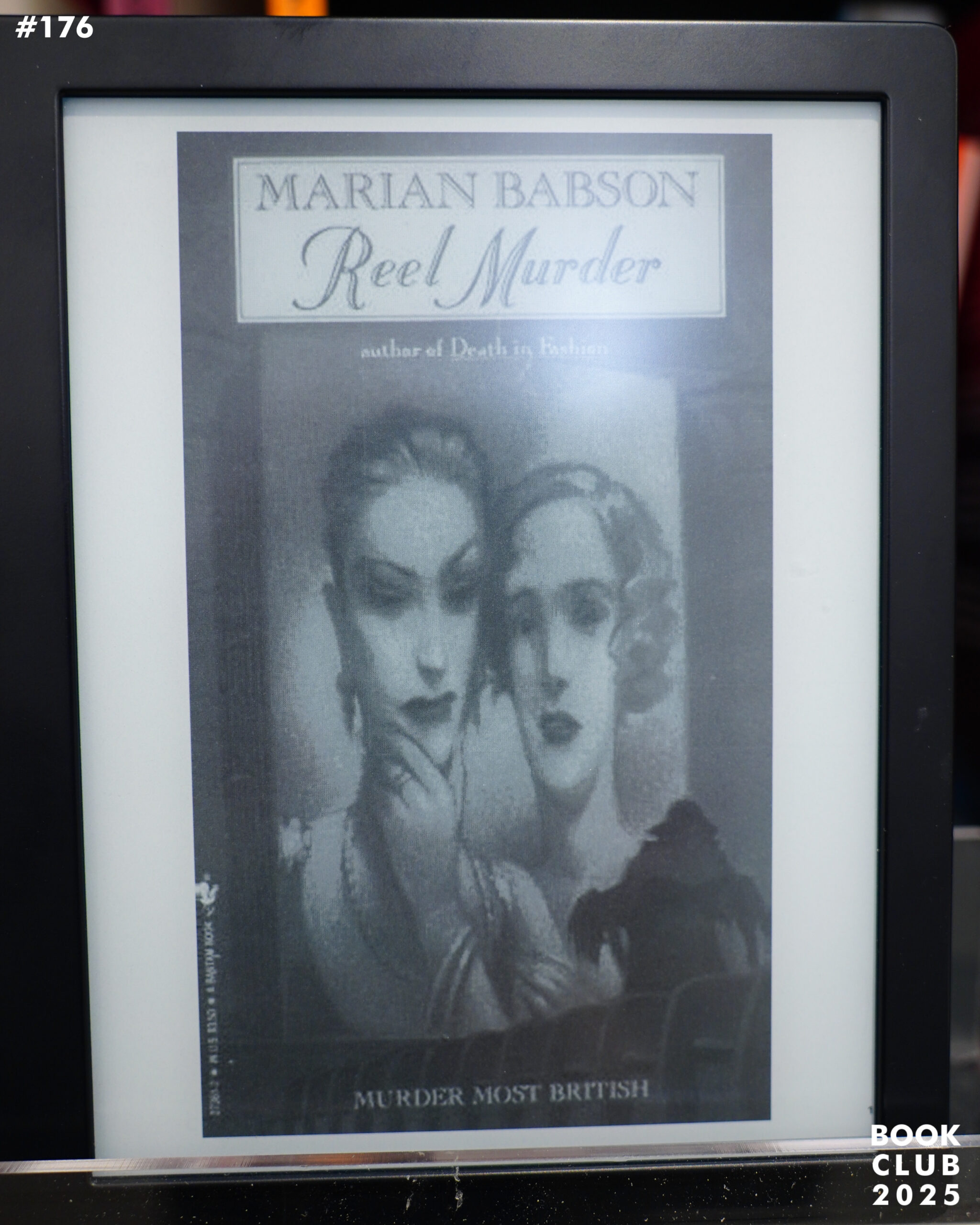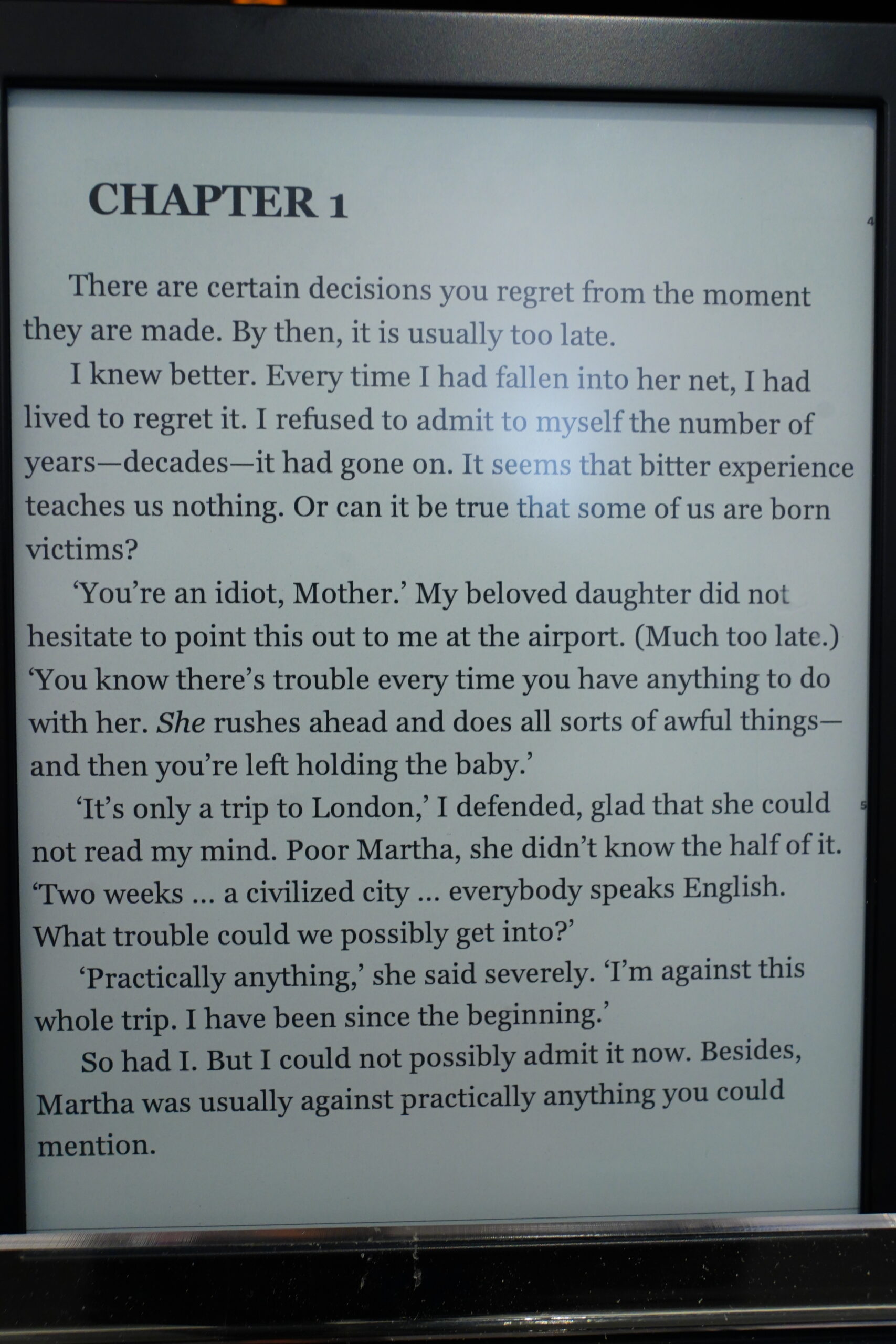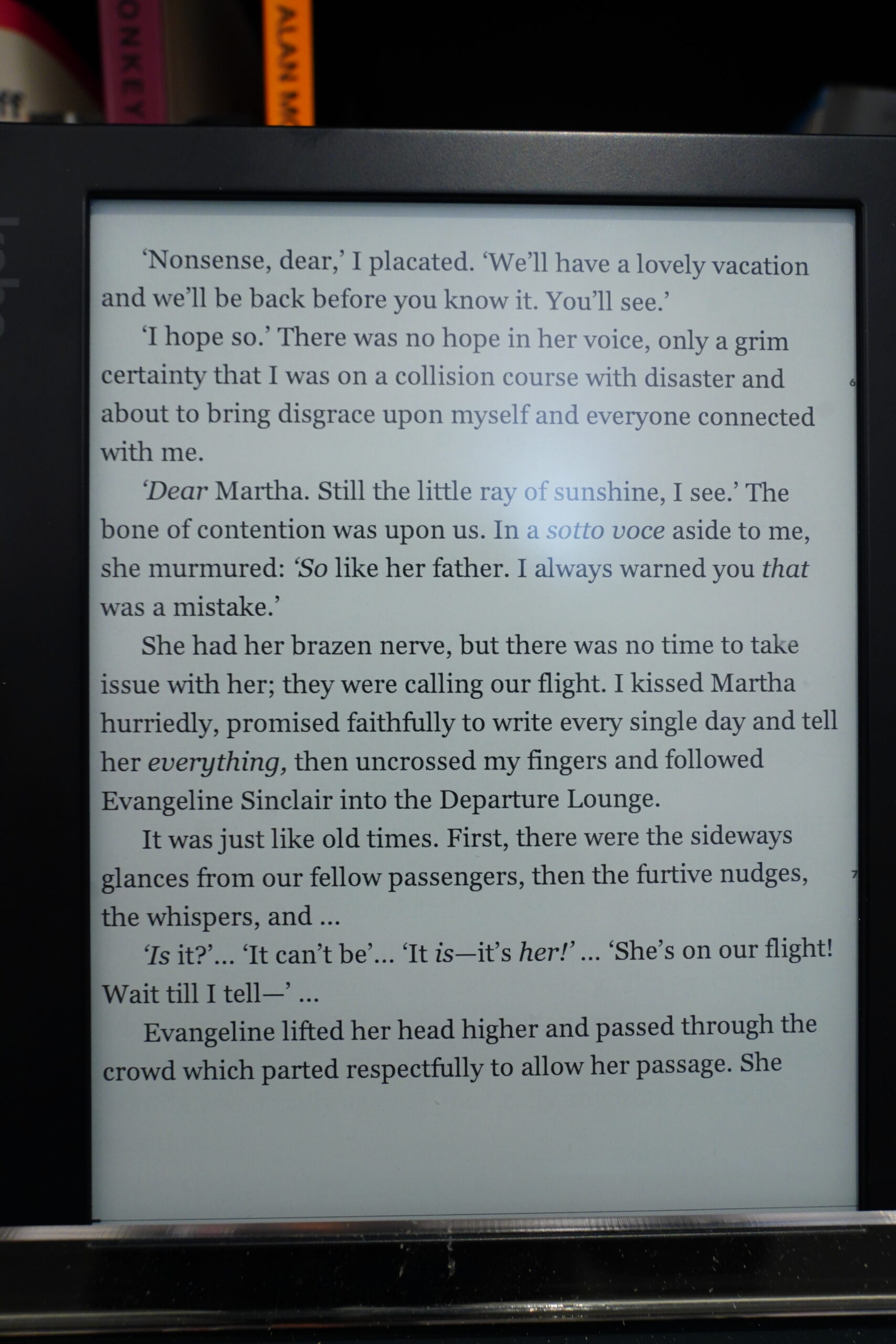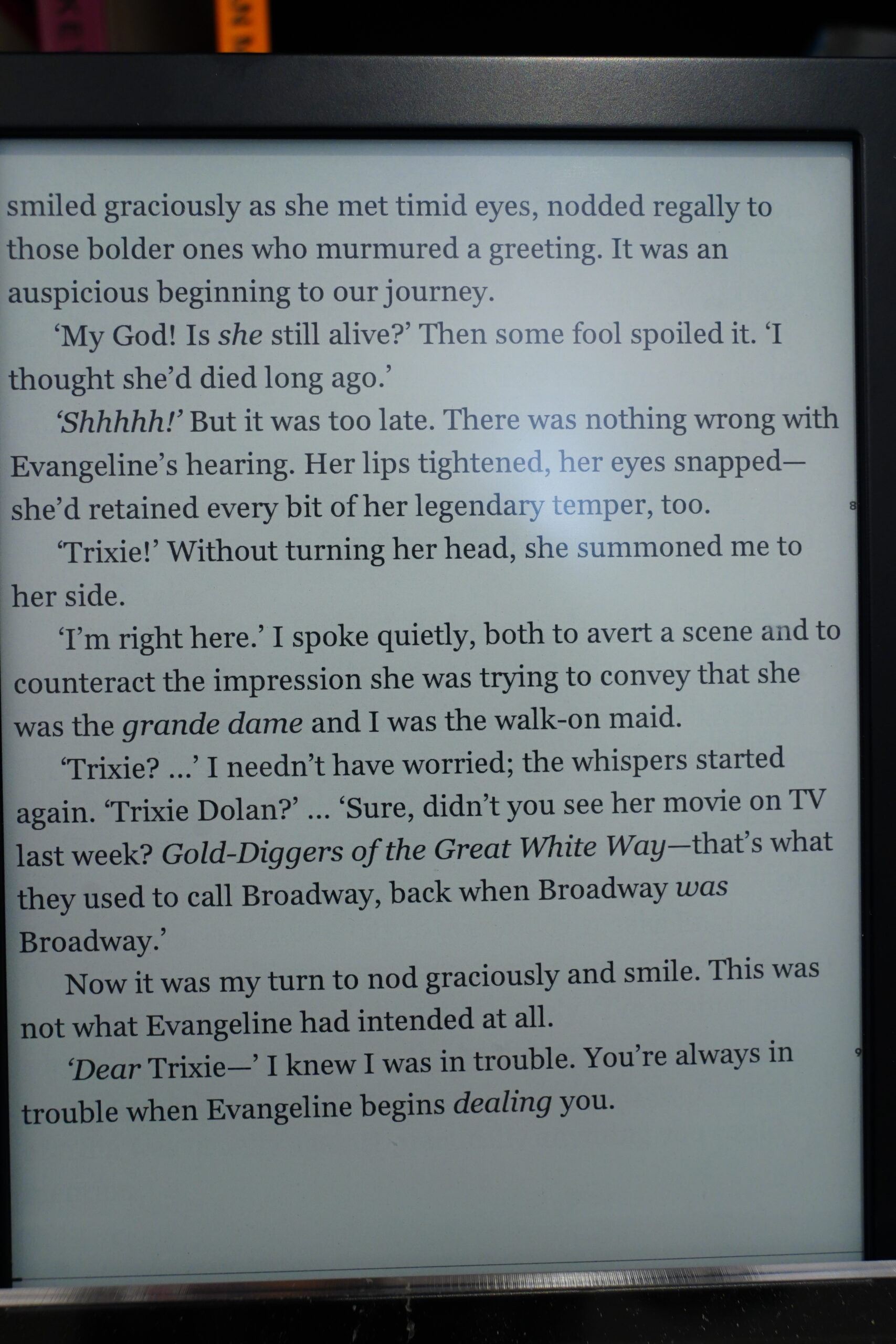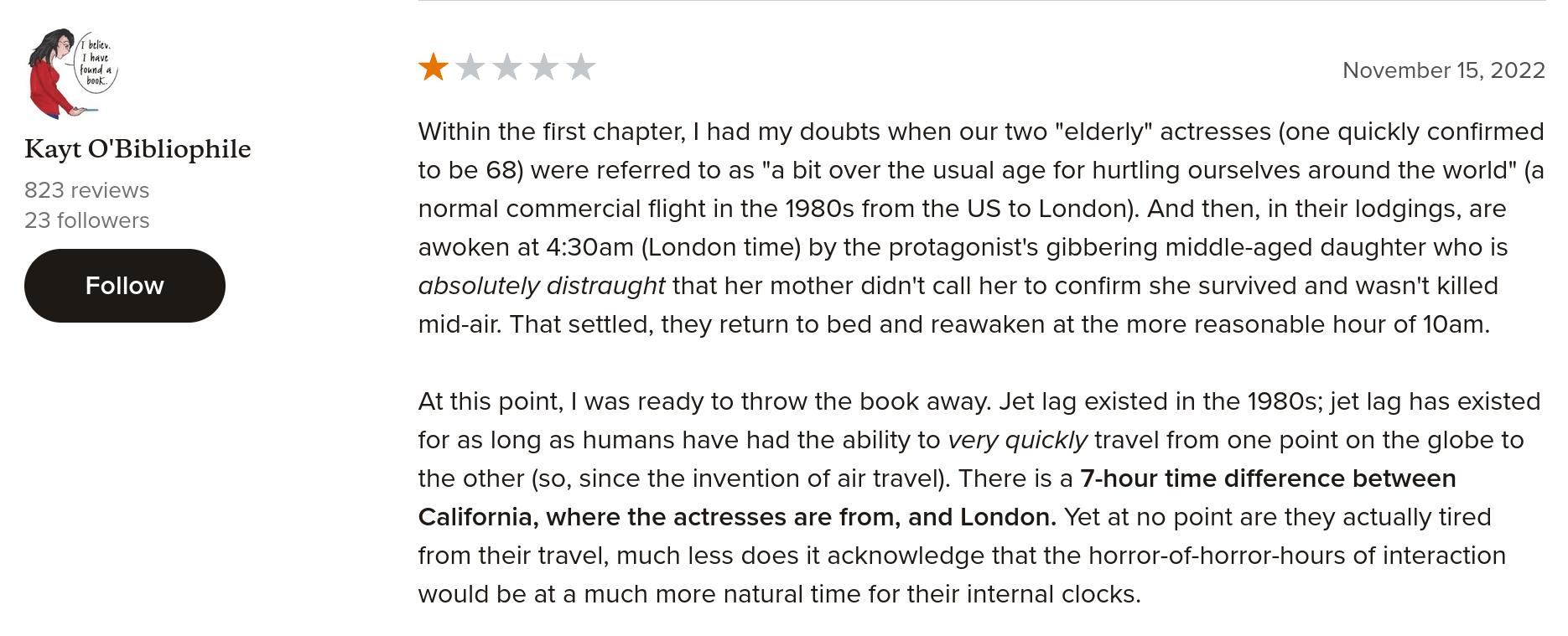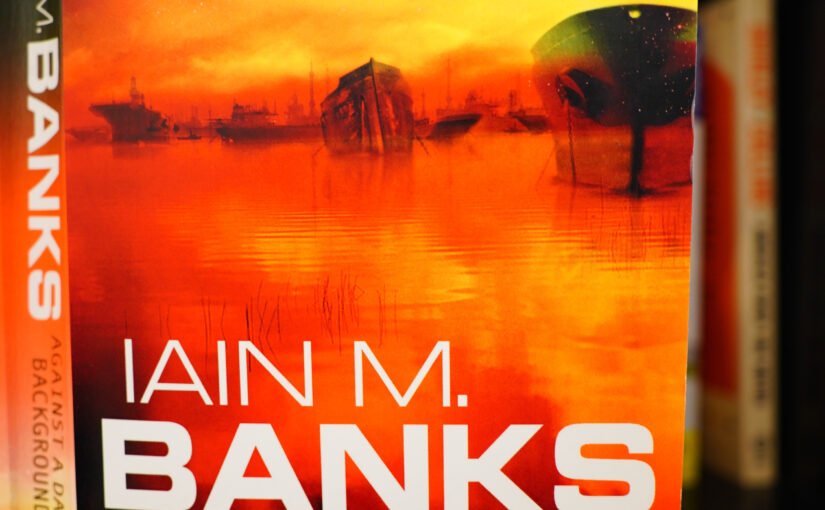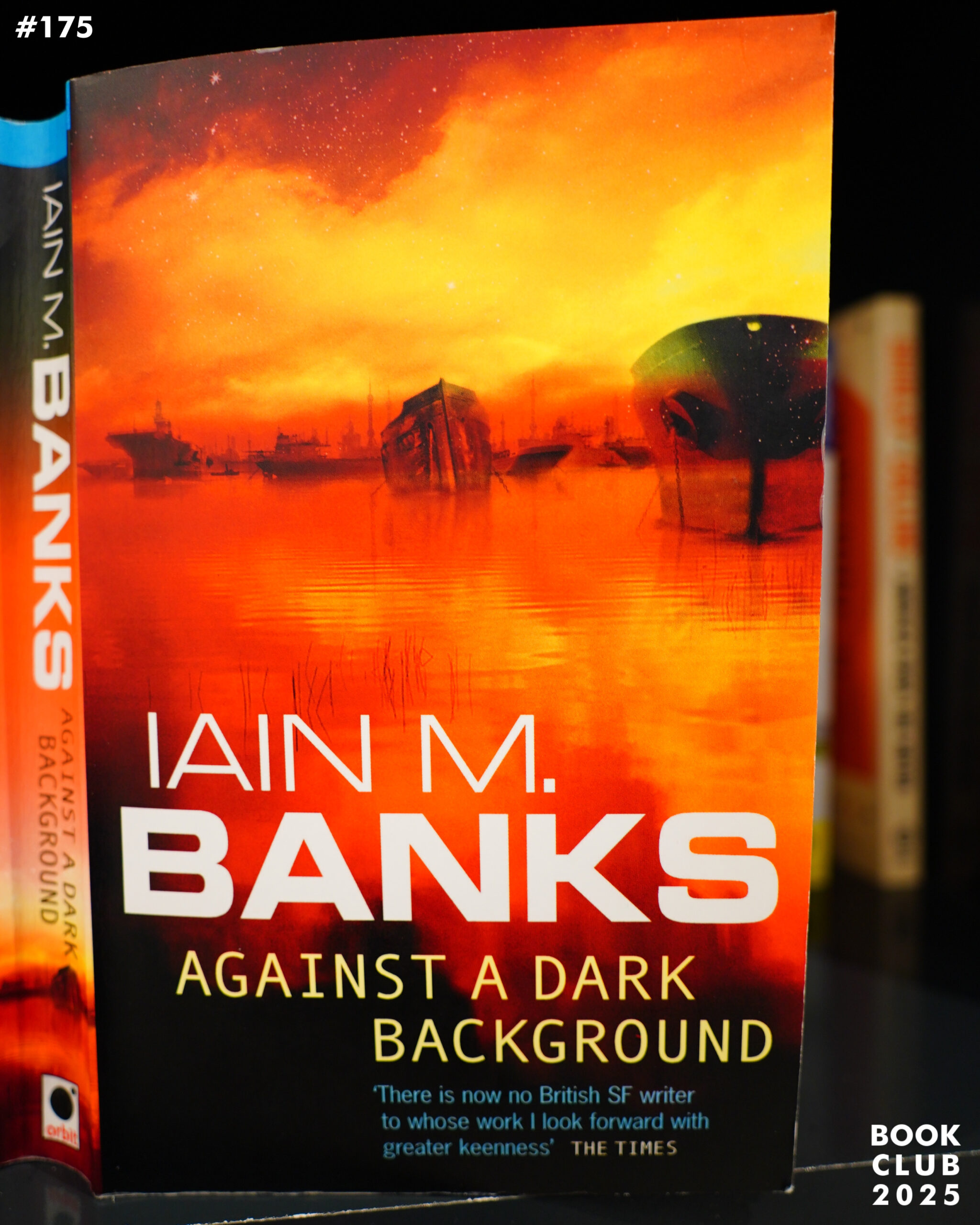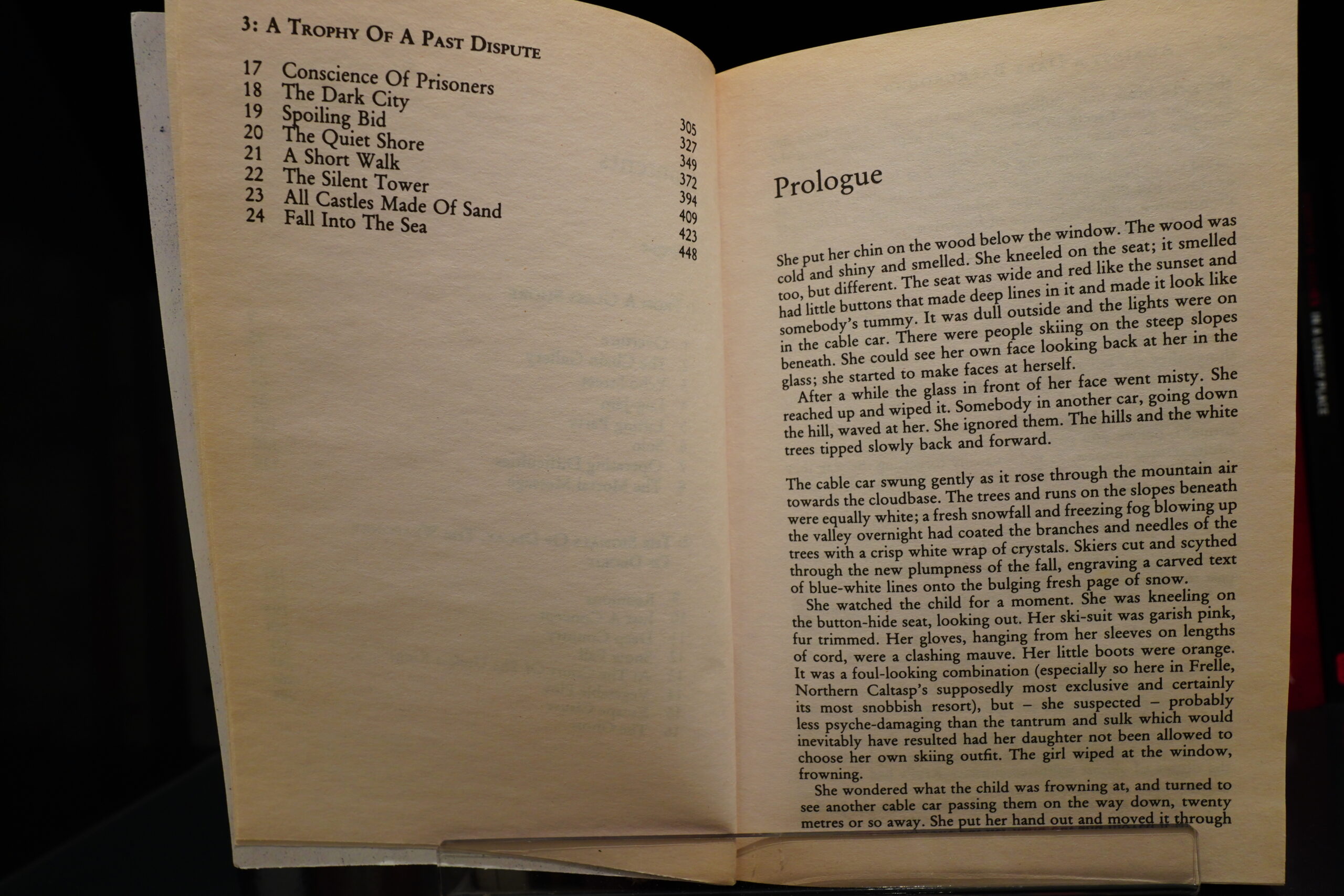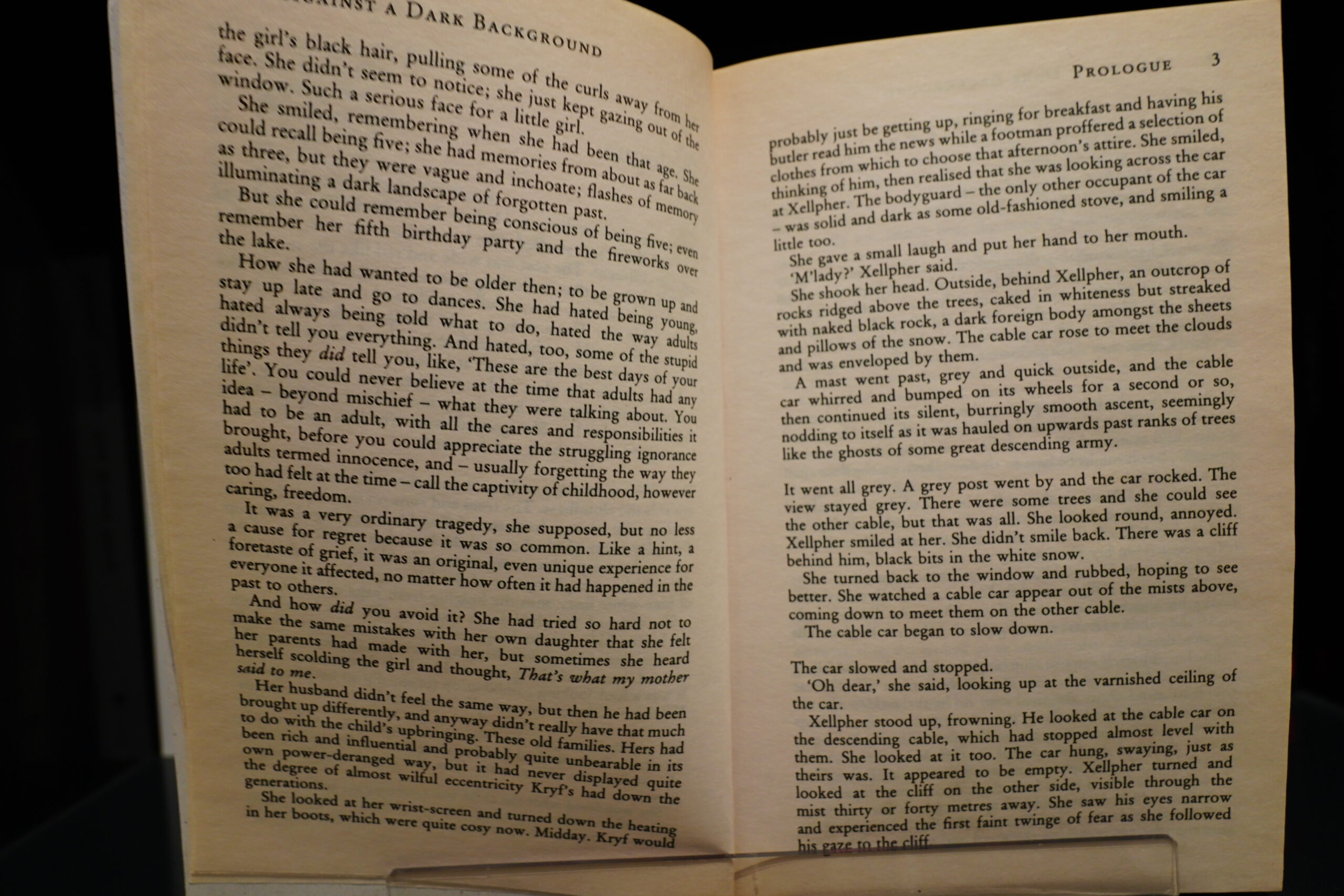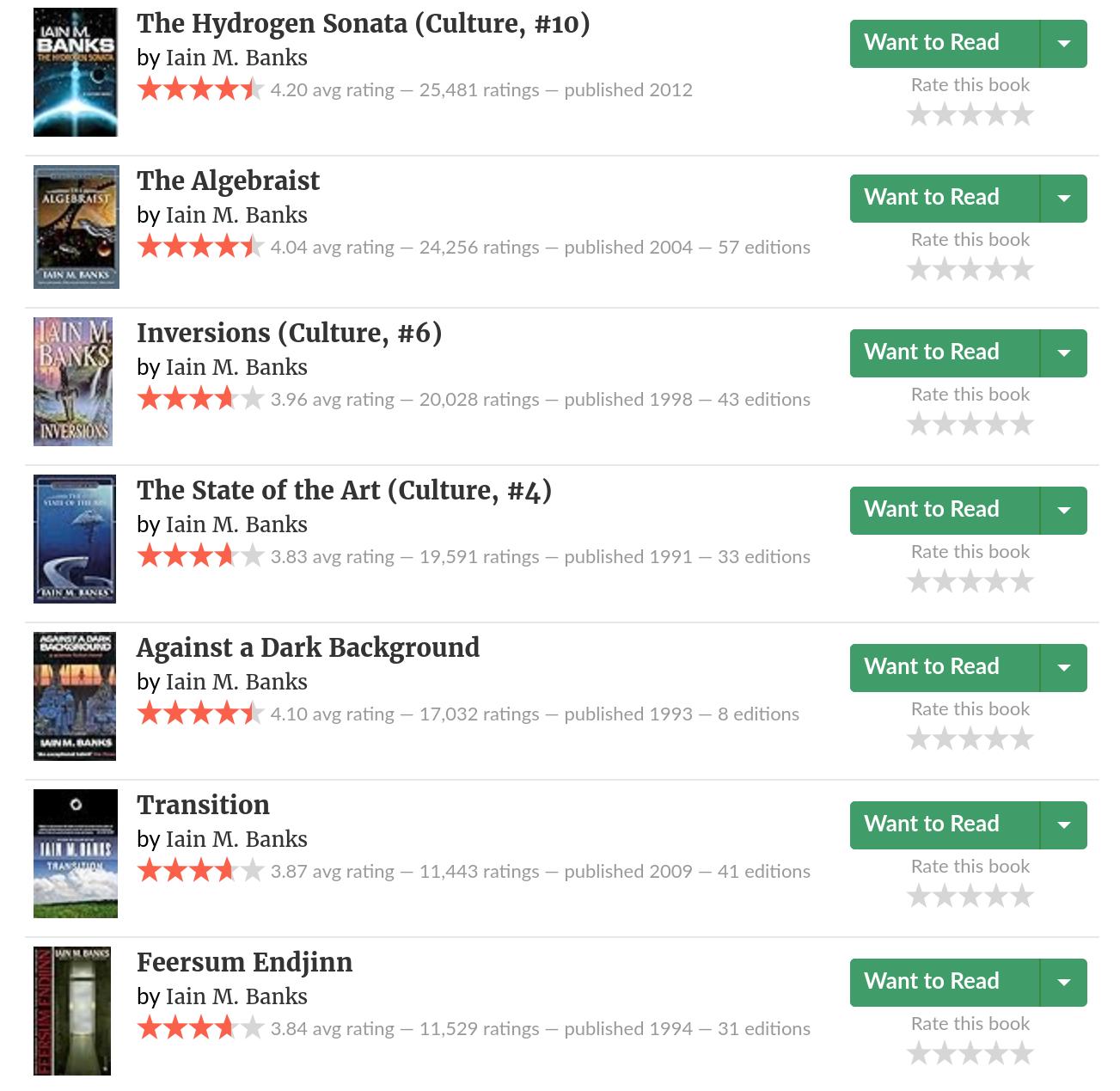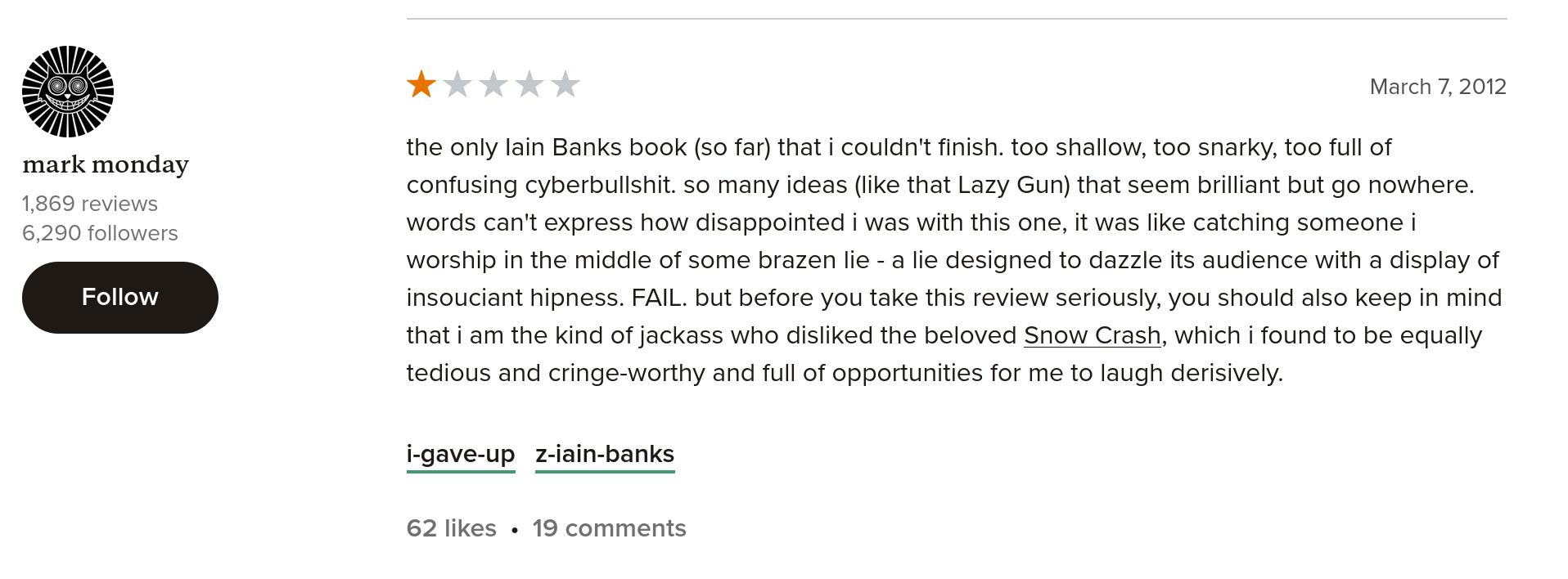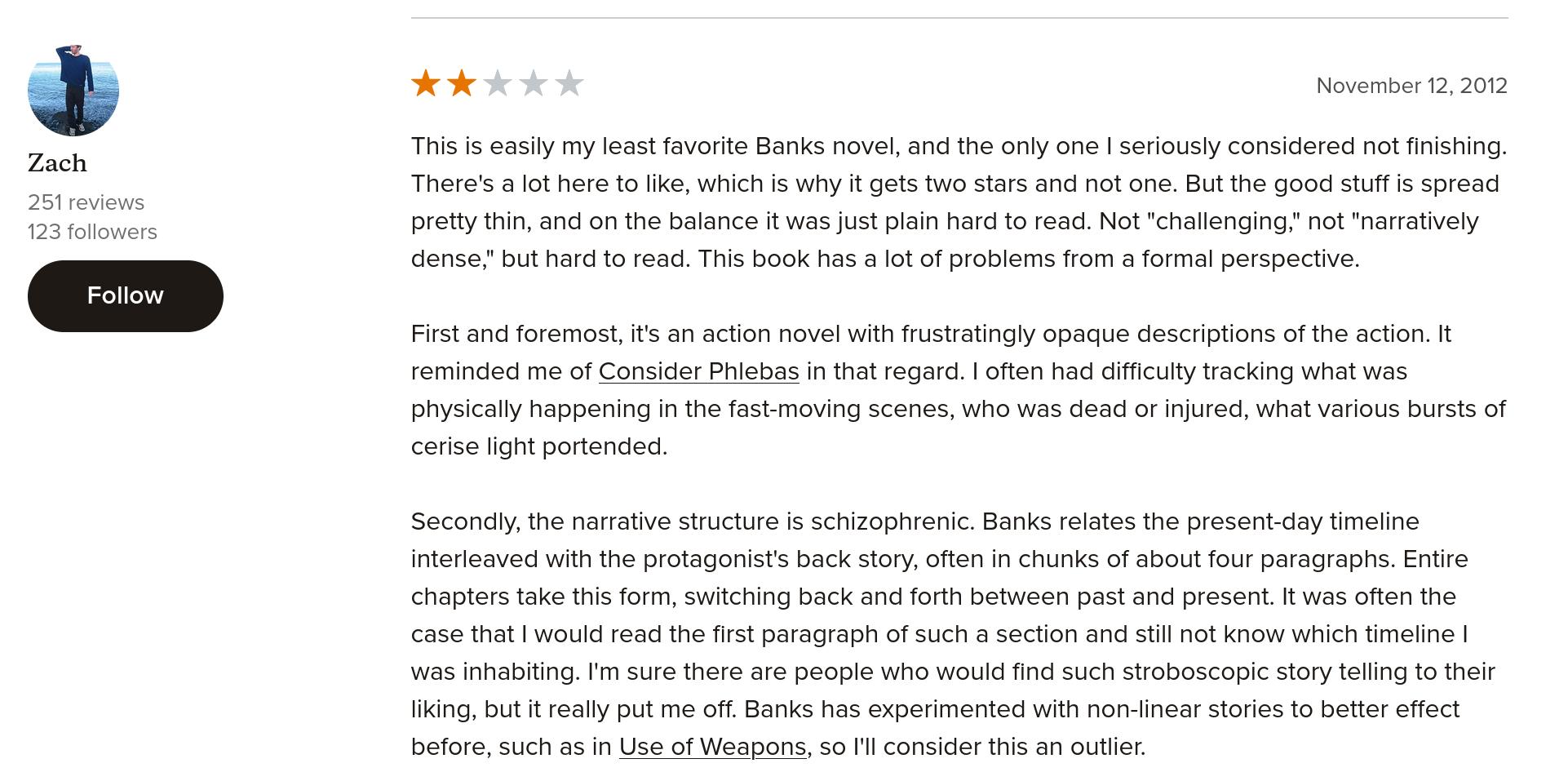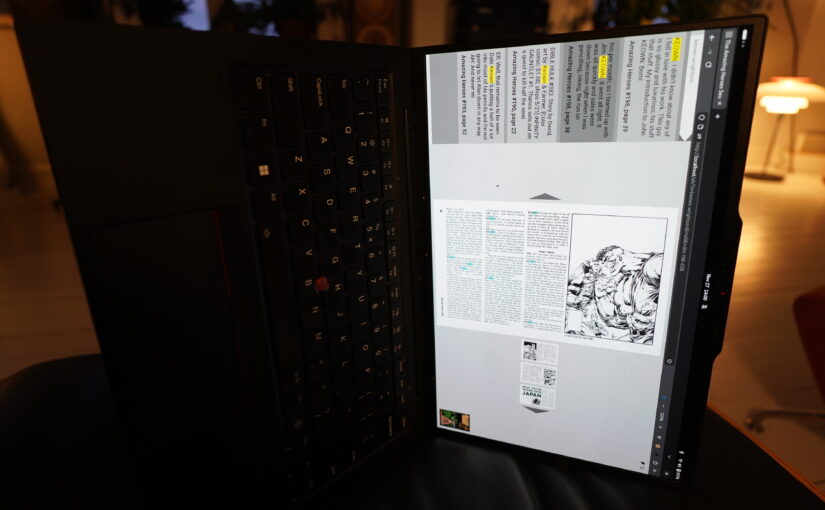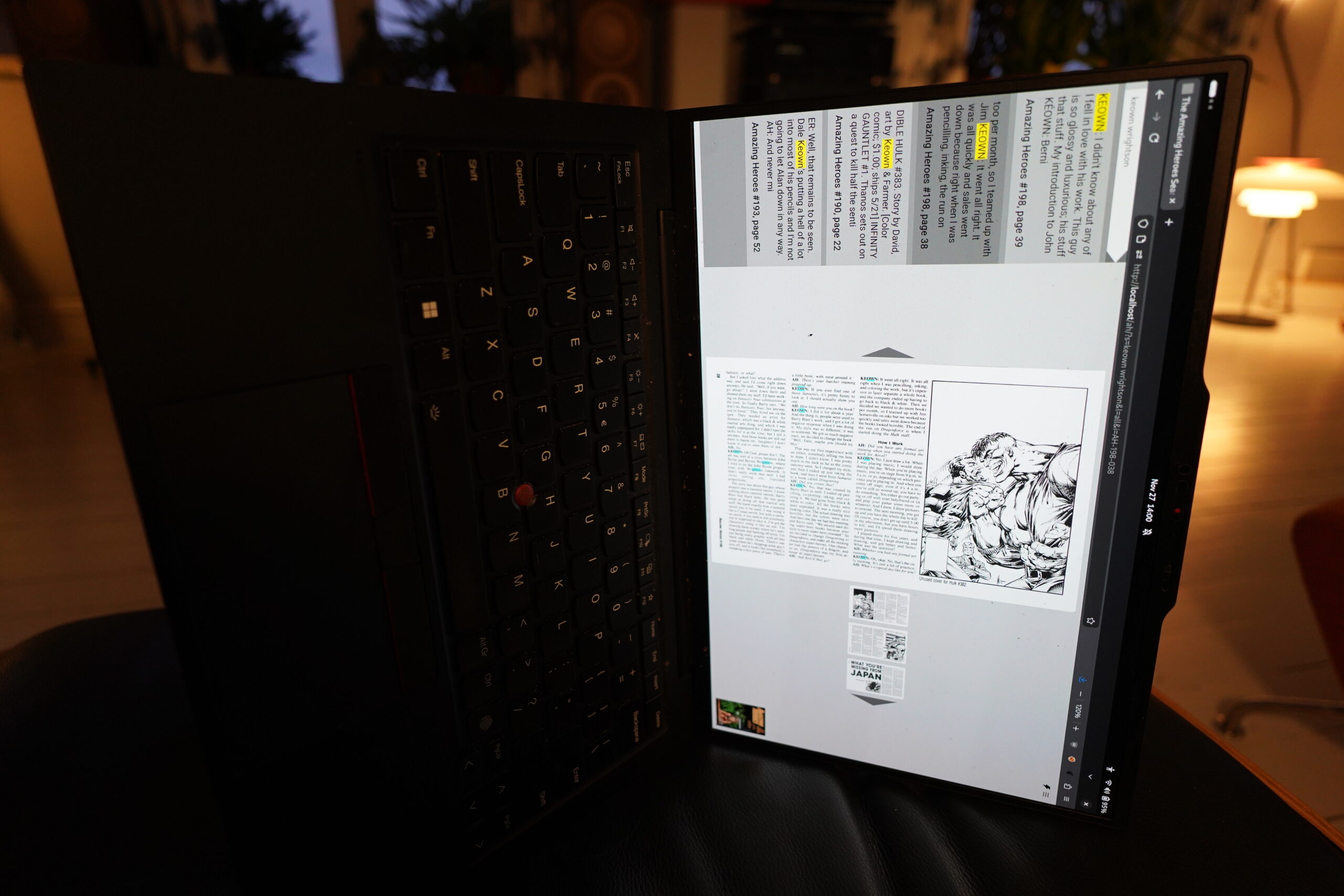About 20 years ago, I remembered that I’d quite liked Agatha Christie’s mysteries when I was a child, so I decided to read them all chronologically. Which took about ten years, since I only did so while either being hung over or having a cold or the like.
And then afterwards I watched the Joan Hickson Marple series, and then the David Suchet Poirot series (speaking of which — that one sure was fun for the first half, what with the amusing Scooby Gang of characters and stuff, but then they decided to get All Serious, and things totally went off the cliffs), and…
What I’m saying is that I wanted to re-read some Christie now, because I am once again under the weather, but it was hard to choose something I didn’t remember perfectly. But I couldn’t remember this one at all, which is either a good, or a bad sign.
It was a bad sign. I mean, it’s not awful or anything, but it’s Agatha Christie at her laziest: She came up with The Mystery, and then didn’t really bother to do anything more. Instead we have Marple being summoned on a woozy premise to a mansion, and as soon as she arrives, everybody swarms her, telling her all their business. Then there’s the murder, and then the rest is just the police investigating it, getting one witness statement after another until there’s a sufficient number of pages, and then a quick reveal.
Otherwise highly traditional, with houseplans, Marsh-y inquisitions, and second and third murders done most perfunctorily.” He summed it up as showing “Definite signs of decline.”
And while I didn’t think I remembered anything of the plot, as soon as the murder had been committed, I flipped back to the house plan, and said “well, obviously X did it”, which turned out to be correct. And I’m not smarter than Christie, so I must have remembered that part, even if I don’t remember remembering it.
This book has the third-lowest rating of the Marple books on Goodreads, so I guess my opinion here is decidedly mainstream. *pout*
Well, I still want to read another Christie book… but this time, perhaps from the 30s, and perhaps without either Marple or Poirot?
They Do It With Mirrors (1952) by Agatha Christie (buy used, 3.78 on Goodreads)
